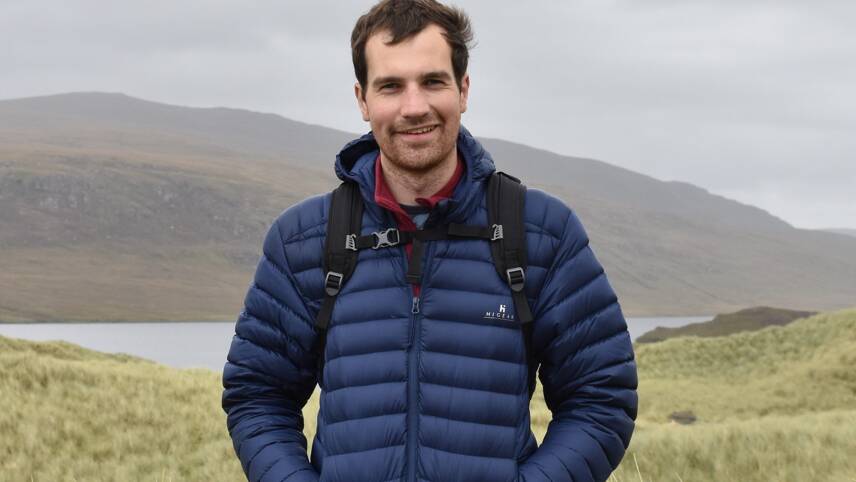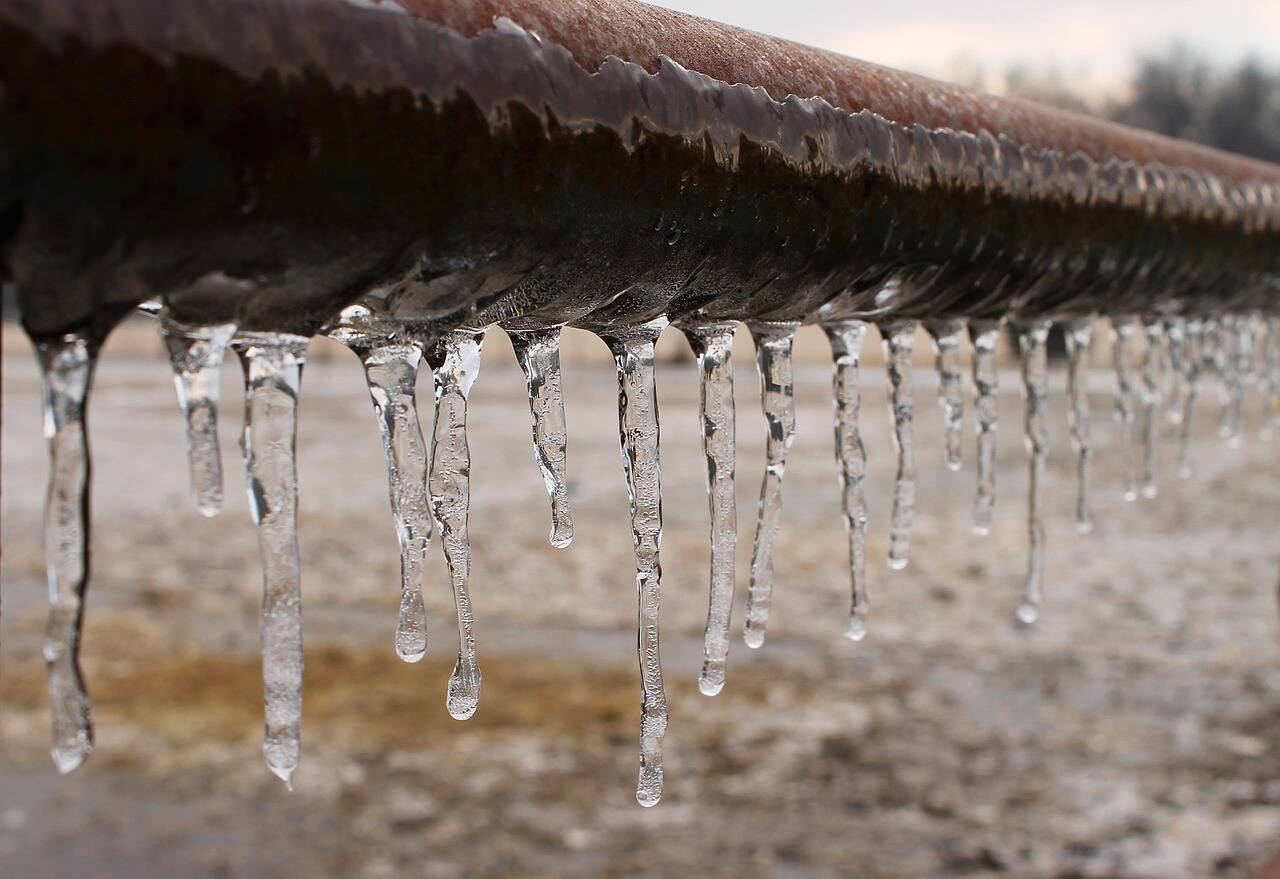You’ve reached your limit!
To continue enjoying Utility Week Innovate, brought to you in association with Utility Week Live or gain unlimited Utility Week site access choose the option that applies to you below:
Register to access Utility Week Innovate
- Get the latest insight on frontline business challenges
- Receive specialist sector newsletters to keep you informed
- Access our Utility Week Innovate content for free
- Join us in bringing collaborative innovation to life at Utility Week Live

Thames Water’s head of data science Jethro Yates caught up with Utility Week Innovate off the back of wins at the UK IT Industry Awards for both data science and digital transformation projects of the year.
What work experience or qualifications did you have before moving into utilities?
I have an MSc in Aquatic Resource Management which is where I became interested in the water industry specifically, having had tours of sites and seen – and sampled – the effect of things like sewage pollution. I figured I would have more power to make a difference working within the industry. I’ve also always been into computing as far back as I can remember, breaking and fixing things with a soldering iron and learning programming.
What has been your career highlight thus far?
 My current role. Leading Thames Water’s Data Science Innovation programme is probably the most exciting part of it, we have some really cool projects underway and a whole stack more in the pipeline. We’ve just had recognition for one of these as winner of the UK IT Awards Data Science Project of the year, and a key part of our success is having excellent people, an outstanding data platform and enabling our teams in a way that they can take concepts right through from idea to production and into the hands of end users.
My current role. Leading Thames Water’s Data Science Innovation programme is probably the most exciting part of it, we have some really cool projects underway and a whole stack more in the pipeline. We’ve just had recognition for one of these as winner of the UK IT Awards Data Science Project of the year, and a key part of our success is having excellent people, an outstanding data platform and enabling our teams in a way that they can take concepts right through from idea to production and into the hands of end users.
What is the most significant way that today’s utilities sector differs from the one you first joined?
 I think there is a big recognition now that data is a strategic asset; it’s been a long road to get here – and there is still a long way to go in some places – but there is focus now on getting this right across many of the firms I talk to in the sector. The interest is now coming from board and exec level down and importantly there is a corresponding increase in investment in this field.
I think there is a big recognition now that data is a strategic asset; it’s been a long road to get here – and there is still a long way to go in some places – but there is focus now on getting this right across many of the firms I talk to in the sector. The interest is now coming from board and exec level down and importantly there is a corresponding increase in investment in this field.
What is the biggest challenge you’ve faced during your time in utilities?
Legacy systems. Any large and long-lived industry is full of them and the utilities industry is no exception. Getting data out of them reliably is a mission – they were never designed for our data hungry needs.
What is your golden rule for overcoming challenges at work generally?
Build networks and talk to people all the time, don’t just email or message when things go wrong. If you have good relationships across an organisation and can bring together the right people, then challenges melt away.
 What do you think Utility Week Innovate readers would be surprised to learn about you?
What do you think Utility Week Innovate readers would be surprised to learn about you?
I grew up on an alpaca farm.
- Hear Jethro Yates, lead data scientist at Thames Water, discuss implementing smart water networks at Utility Week Live, 17-18 May 2022. Register here for free.
What do you think is the key to creating the conditions for innovation within the utilities sector?
Innovation is about people; creating the best possible conditions to innovate means the industry investing more in attracting – and retaining – the best talent from other sectors. Utilities also probably isn’t the first destination that springs to the minds of many of our brightest graduates in the UK, but there is no reason why we can’t change that – we have some of the most interesting and rewarding challenges to work on.
What excites you most about the next 10 years in the utilities sector – any trends, tech or specific innovations?

The next ten years will see huge advances in the digitisation of physical assets across utilities – I’m excited by the potential of data from millions of new sensors embedded everywhere. This will open a new window into the state of those assets and, increasingly, give us the ability to remotely control those assets in real time.
What is the change you’d most like to see within the utilities industry?
I’d like to see a greater effort to in-source of key skills and experience, reinforcing core capabilities within companies in the industry. This would unlock a greater ability to lead and innovate, rather than follow.
UK IT Industry Award-winning projects:
 Data Science Project of the Year: A suite of data science products was developed as part of Thames Water’s Smart Water Programme – which aims to provide data-driven analytics to make better real-time decisions about the operation of its network. The goal is ultimately to reduce the number and duration of supply interruptions experienced by customers. One product is the ‘freeze-thaw’ indicator which runs simulations and allows Thames to increase availability at reservoirs to mitigate water lost from frozen pipes that have burst.
Data Science Project of the Year: A suite of data science products was developed as part of Thames Water’s Smart Water Programme – which aims to provide data-driven analytics to make better real-time decisions about the operation of its network. The goal is ultimately to reduce the number and duration of supply interruptions experienced by customers. One product is the ‘freeze-thaw’ indicator which runs simulations and allows Thames to increase availability at reservoirs to mitigate water lost from frozen pipes that have burst.
 Digital Transformation Project of the Year: Thames’ Workforce Management Progamme is replacing 18 different systems with a single end-to-end contact, planning, scheduling and field mobility solution to 7,000 staff across the company. Benefits include being able to more effectively prioritise work, and a reduction in the number of phone calls and repeat contacts.
Digital Transformation Project of the Year: Thames’ Workforce Management Progamme is replacing 18 different systems with a single end-to-end contact, planning, scheduling and field mobility solution to 7,000 staff across the company. Benefits include being able to more effectively prioritise work, and a reduction in the number of phone calls and repeat contacts.

ee this content brought to life at Utility Week Live, 17-18 May 2022 NEC Birmingham. FREE to attend for utilities. Register today
Delivering smart water networks is one of the frontline challenges at the heart of Utility Week Live 2022’s live content programme. View the programme.

Please login or Register to leave a comment.